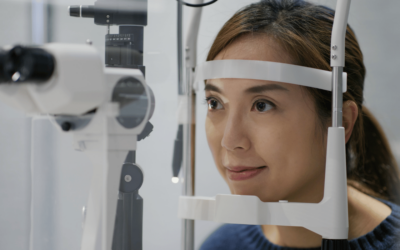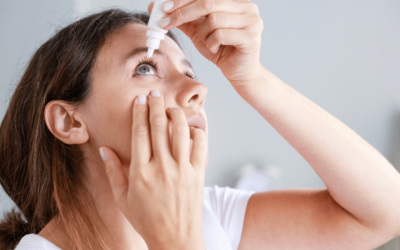Diabetes is a serious condition that can lead to several health complications, including problems with your eyes. In fact, diabetic retinopathy is the leading cause of blindness in adults aged 20-74. However, there’s good news—if you have diabetes, you can take steps to protect your eyesight. In this blog post, we’ll discuss what you need to know about diabetes and your eyes.
How Does Diabetes Affect My Eyes?
Diabetic Retinopathy
One of the most common diabetic eye problems is called diabetic retinopathy. This happens when high blood sugar levels damage the blood vessels in your retina, the light-sensitive part of your eye. Diabetic retinopathy usually doesn’t cause any symptoms in the early stages, so it’s important to get your eyes checked by an eye doctor at least once a year. If left untreated, diabetic retinopathy can lead to vision loss or even blindness.
Glaucoma
Glaucoma is a disease that damages the optic nerve and can lead to vision loss or even blindness if left untreated. People with diabetes are more likely to develop glaucoma than those without the disease. And unfortunately, there is no cure for glaucoma. But early diagnosis and treatment can help prevent vision loss from this condition.
Cataracts
Cataracts are common as we age; however, people with diabetes can develop cataracts much earlier in life. Cataracts cause the front lens of the eye to become cloudy. This usually happens gradually, and at first, you might not even notice it. But as a cataract grows, it will eventually block out enough light that it affects your vision.
What Can I Do to Protect My Eyesight?
If you have diabetes, it’s important to see an eye doctor at least once a year for a comprehensive eye exam. During these appointments, your doctor will check for signs of diabetic retinopathy—the most common cause of vision loss among people with diabetes. If caught early, diabetic retinopathy can be treated.
In addition to seeing an eye doctor regularly, you can protect your eyesight by managing your diabetes. This means keeping your blood sugar levels under control through diet, exercise, and medication (if prescribed by your doctor). It’s also important to quit smoking if you smoke—smoking increases your risk of developing diabetic retinopathy and other eye problems.



